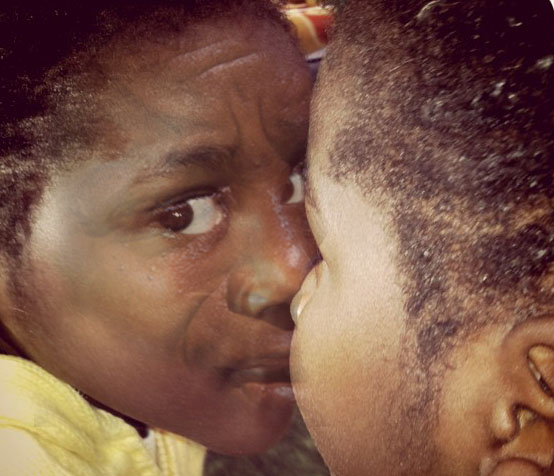Back in the early 2000’s, I volunteered in a program here in Baltimore called B4Schools. The program partnered people in corporations as mentors to students in Baltimore City Schools. Each mentor stayed with their student for the duration of their high school experience. A key goal of the program was to provide the students with the support they needed to realize continued success in high school and to move on to college.
I remember having a conversation with one of the students, Tasha [not here real name]. Tasha was explaining to me how she currently lived with her grandmother because her mother and father were both addicted to drugs and alcohol. She had been homeless, moved around from home to home, and now she feared that she too was going to suffer the same fate. She was applying to college and would be the first in her family to attend, but she was afraid. Tasha didn’t know where the money would come from, and with all the pressures facing her, she just wasn’t sure she would make it.
At the time I tried to explain to her that she actually did have a choice in her own destiny, that both of my parents had been alcoholics, but that in fact, I didn’t have to follow that same path.
When our parents have chosen a difficult path, how do we avoid following in our parents’ footsteps?
In retrospect, I realize now, that I was trying to tell her that DNA is not Destiny, the title of the film we screened at our recent Thriving Communities Collaborative October event. The fact is that I was ill prepared to handle that question. I didn’t understand about epigenetics. I didn’t know about genes that were linked to alcoholism. I didn’t believe hurtful behaviors were inherited, simply learned. I knew that given the proper resources, I had seen people emerge from even worse circumstances, and I was determined to give her hope.
I’ve learned a lot about the brain science of trauma since that conversation. The film, DNA is Not Destiny, the 5th episode in the Raising of America series goes a long way toward clarifying the brain science around the epigenetics of trauma — how stress that impacts our parents, adverse environments, and neglect, can, in fact, be passed on to our children.
For people experiencing the passing on of trauma from generation to generation, understanding that DNA is Not Destiny is so important. We have first to learn how intergenerational trauma can impact us, but then the next step is to overcome it. Three questions arise:
- How can we design systems that don’t retraumatize those who are already hurt?
- How do we help families and communities build up the resilience they need to prevent intergenerational transfer?
- How do we help people already experiencing the impact of trauma to heal?
Led by Michele SollowaySolloway, a health services researcher for over 20 years, members of the TCC network who participated in the TCC October event, Epigenetics and the Brain Science of Trauma, engaged in small group conversations around how we would use the material we learned in our own practices or life.
Several people reported back to the group about how they could share this information with their patients and the members of the community with whom they worked. Others focused on policy and how they could impact legislation, organizational structures, and behavior to improve. Importantly, everybody felt the information was valuable.
The film does such an outstanding job of clearly explaining the science of epigenetics and how trauma can be passed on across generations. The film also focuses on interventions and things we can do to change the game — to ensure that all our children grow up in positive, thriving, families and communities.
What’s important for you to know is that for less than $2, you can personally stream the film over an internet connection. Or, you can contact us if you would like for us to facilitate a showing in your community.
At our upcoming November meeting, we’ll be talking about tools we can use to bring this message to our families and our community. We’ll be talking about people in the Baltimore area already taking steps in this direction. And, we’ll be talking about how we can take action and advocate for policies that can create meaningful change on the family lever, on the community level, on the city or county level, on the state level, on the national level.
Join us for our next meeting. Be a part of making this happen.
Photo credit: The image is a composite that includes the work of Steven DePolo. The original image & copyright can be seen here at Steven’s photostream

